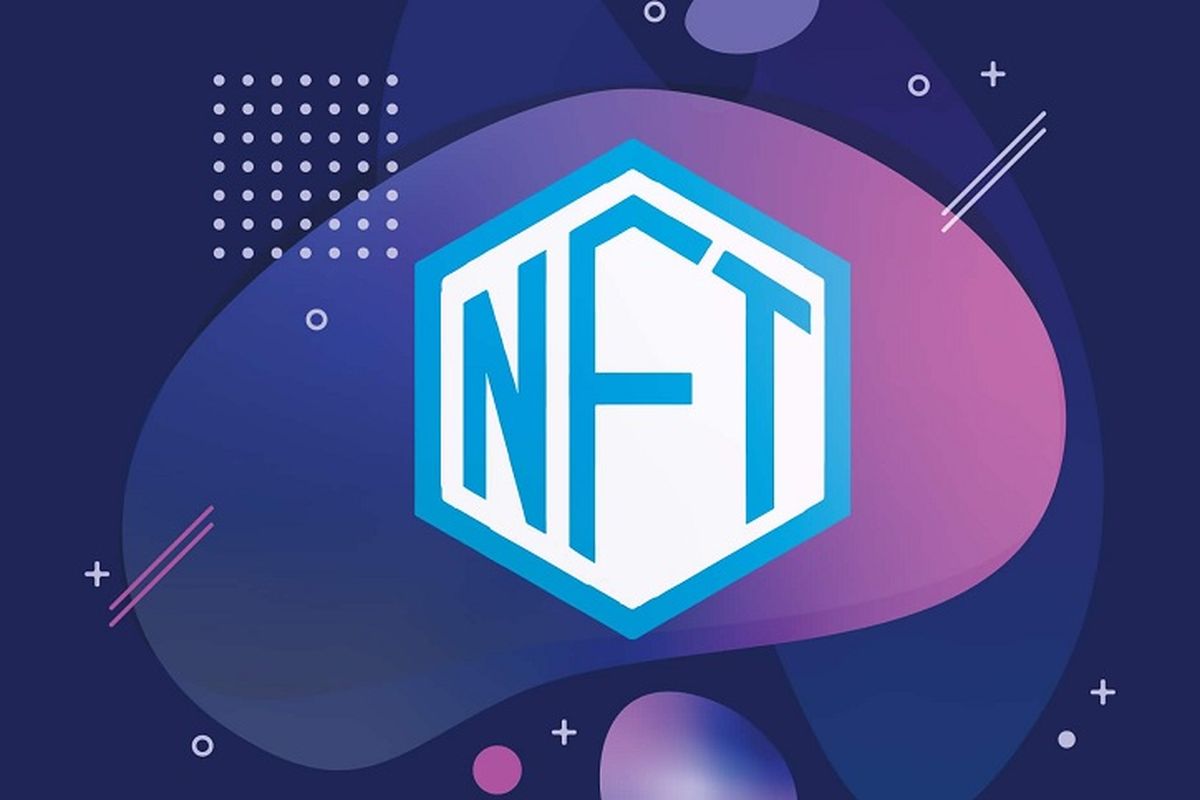Understanding Cryptocurrency and NFT

Many Indonesians are now actively trading and investing in cryptocurrency and the NFT. The latest figure by Triple-A suggests there are no less than 12 million Indonesian owned crypto assets. This shows that cryptocurrency and NFTs have gained significant popularity and adoption in Indonesia. The growing number of Indonesian individuals engaging in crypto trading and investing highlights the increasing interest and trust in these digital assets. As more Indonesians recognize the potential benefits and opportunities associated with cryptocurrencies and NFTs, it is likely that this trend will continue to grow in the coming years.
The differences between Cryptocurrency and NFT are significant. While cryptocurrency is a digital form of currency that can be used for transactions and investments, NFTs are unique digital assets that represent ownership or proof of authenticity for a specific item or piece of content. Cryptocurrency operates on blockchain technology, allowing for secure and decentralized transactions, while NFTs utilize blockchain to provide verifiable ownership and scarcity to digital assets. Both have their own distinct uses and value propositions in the digital economy, contributing to the overall growth and adoption of blockchain technology in Indonesia.
Some studies, including those by Modjo and Santoso (2022), showed that many young adults were investing and trading in cryptoassets only based on FOMO, without really knowing the risk associated with them. It is therefore imperative for students in finance to become well aware of and educated about cryptocurrencies and NFTs. By understanding the fundamentals and mechanics of these digital assets, students can better navigate the evolving financial landscape and potentially capitalize on emerging opportunities. Additionally, having knowledge in this field can also open up new career paths and job prospects in the growing crypto industry, making it a valuable area of study for aspiring finance professionals in Indonesia.
By being well educated on these assets, young adults could avoid being involved just because of FOMO (fear of missing out) or peer pressure. Understanding the fundamentals and mechanics of digital assets can help them make informed decisions based on their own financial goals and risk tolerance. It empowers them to invest wisely and not succumb to impulsive decisions driven by fear of missing out. By doing so, they can develop a comprehensive understanding of the market dynamics and potential risks involved. This knowledge will enable them to make rational investment choices that align with their long-term financial objectives, rather than being driven solely by the fear of missing out or external influences

